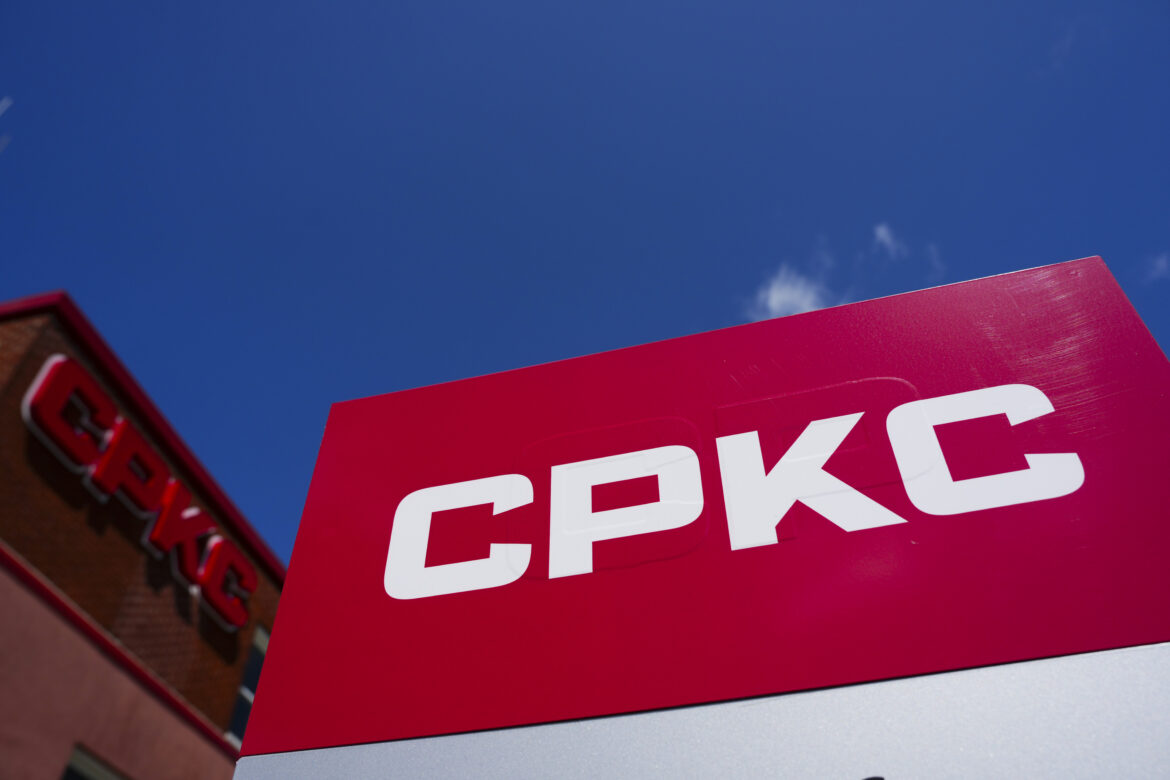518

Signage is pictured at a Canadian Pacific Kansas City (CPKC) rail yard in Smiths Falls, Ont., Thursday, Aug. 22, 2024. THE CANADIAN PRESS/Sean Kilpatrick




